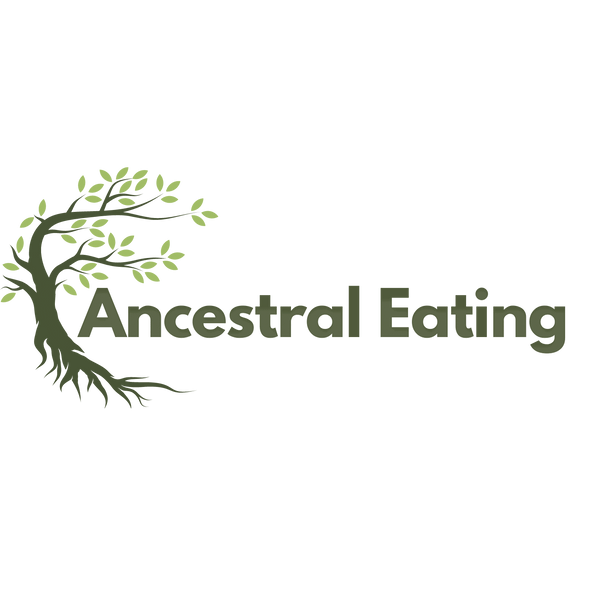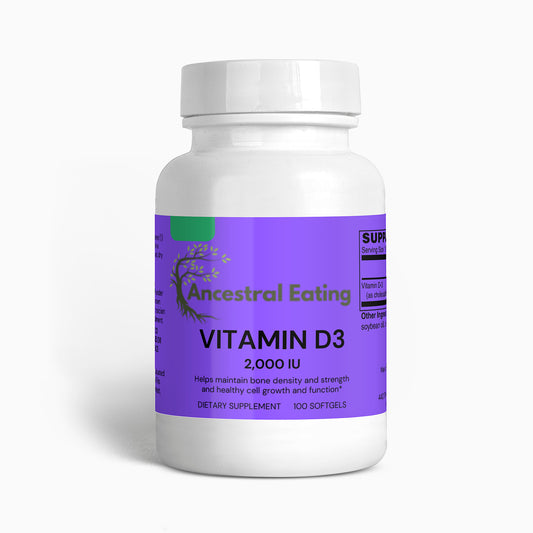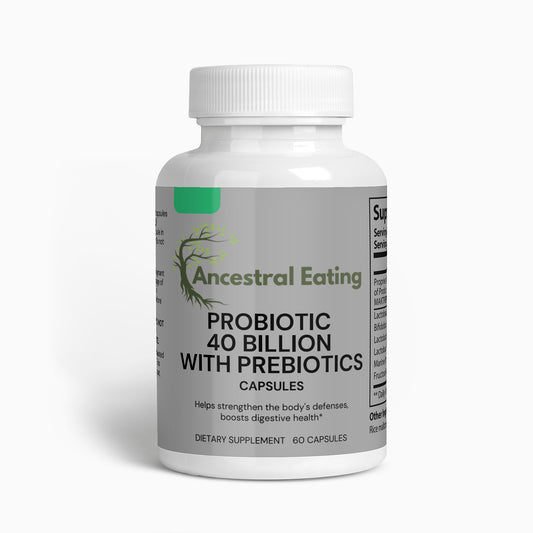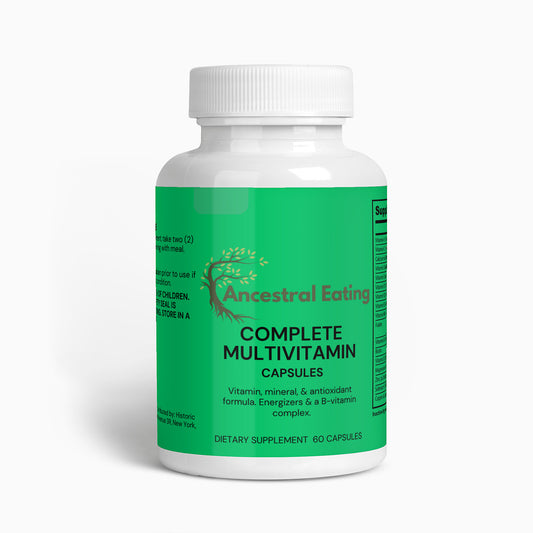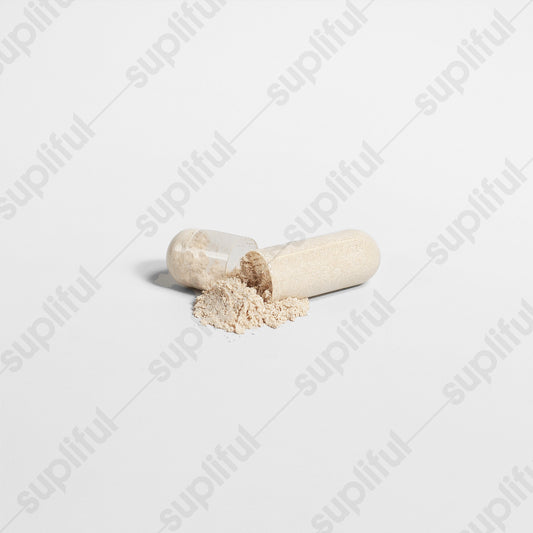The culinary history of El Salvador is rich and diverse, shaped by indigenous traditions, colonial influences, and modern globalization. The diet has evolved over the last 500 years from pre-colonial times through the colonial era and into the present day. Here is an overview of the foods that have been consumed by the people of El Salvador over this period:
Pre-Colonial Period
- Maize (Corn): Maize has been a staple food for the indigenous people of El Salvador for centuries, used in various forms such as tortillas and drinks like "atol."
- Squash and Beans: These crops, along with maize, formed the "Three Sisters" of Mesoamerican agriculture.
- Fruits and Vegetables: Indigenous fruits like guava, papaya, and cacao were widely consumed.
- Meat: Game like deer and smaller mammals, as well as fish from rivers and lakes, were important protein sources.
- Foraging: Wild plants, roots, and fruits were foraged from the forests to supplement diets.
Colonial Period
- Spanish Influence: With Spanish colonization, new foods like pork, beef, rice, and wheat were introduced.
- Dairy: Cheese and other dairy products became more common.
- Sugar and Sweets: Sugar cane cultivation led to the production of various sweets and sugary foods.
Modern Times
- Pupusas: A staple in Salvadoran cuisine, pupusas are thick corn tortillas stuffed with cheese, beans, or meat. They have indigenous origins but have been adapted over time.
- Tamales: Another food item with indigenous roots, tamales in El Salvador can be filled with meat, cheese, beans, or even sweet ingredients like fruit.
- Gallo en Chicha: Chicken cooked in a fermented corn beverage.
- Yuca Frita: Fried cassava root, often served with a cabbage slaw and fried fish or pork.
- Sopa de Pata: A soup made with cow's feet, tripe, yuca, and corn.
- Pan con Pollo/Pavo: A chicken or turkey sandwich that's a staple in Salvadoran cuisine.
- Seafood: Due to its coastline, El Salvador has a rich array of seafood dishes like "cockteles" (seafood cocktails) and "sopa de mariscos" (seafood soup).
Drinks
- Horchata: A drink made from ground seeds or rice and flavored with spices like cinnamon.
- Tamarind and Hibiscus Drinks: Fruit-based drinks are commonly consumed.
- Coffee: El Salvador is known for its high-quality coffee, which has been an important export product.
Current Trends
- Fast Food and International Cuisine: Globalization has brought in various international foods, including fast-food chains.
- Dietary Shift: There is increasing awareness of the importance of a balanced diet, leading to a rise in the consumption of fruits, vegetables, and lean meats.
- Food Festivals: Food is a significant part of Salvadoran culture and is celebrated through various festivals and events.
Through the integration of indigenous foods with influences from Spanish colonial times and more recent global trends, Salvadoran cuisine offers a rich and varied palate.
